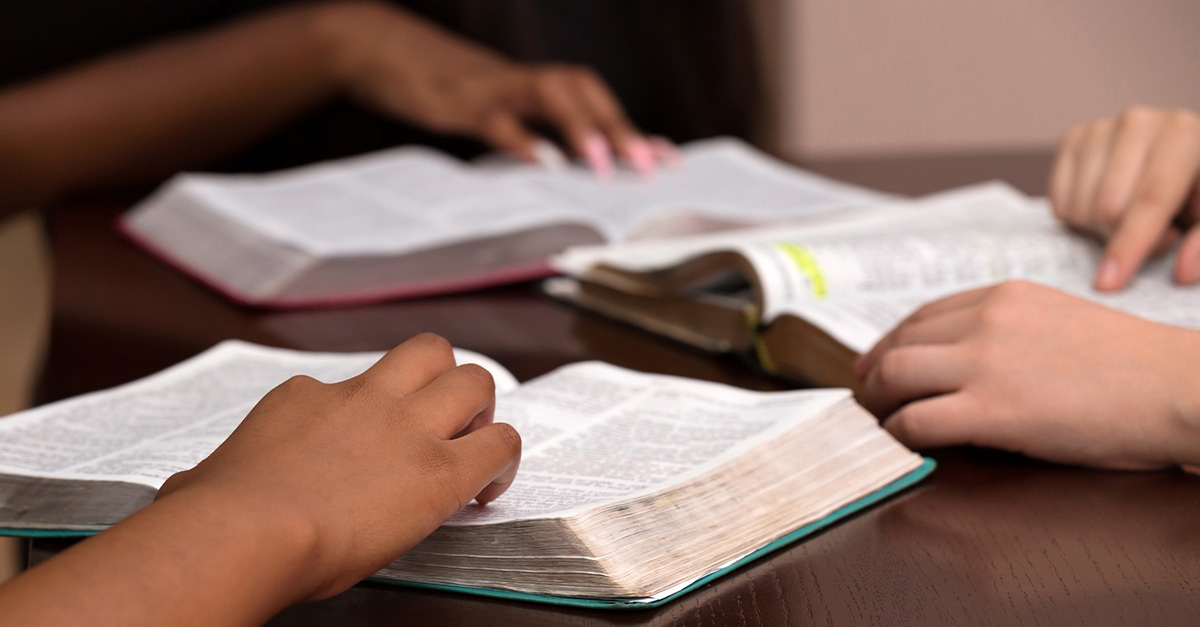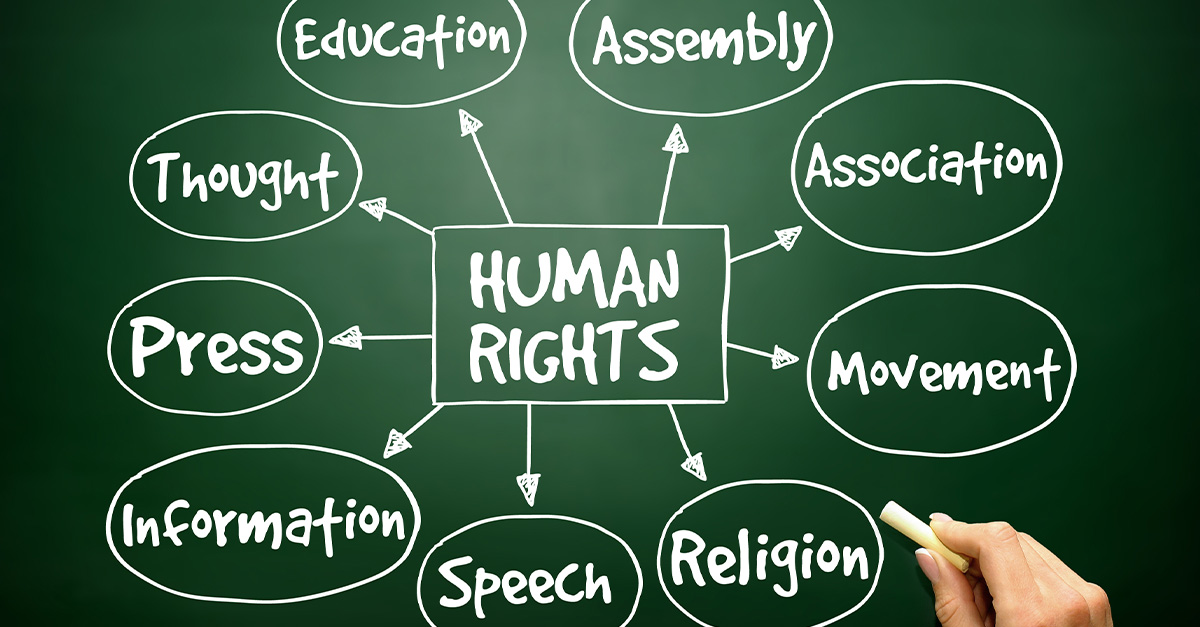


Get a free copy of Parental Rights & Education when you subscribe to our newsletter!

In this latest COVID case, the Supreme Court found that the government’s restrictions violate the Constitution because they treat comparable secular activities “more favorably” than at-home religious activities, like worship services and Bible studies.
The Supreme Court has blocked California’s restrictions on in-home religious gatherings, marking the fifth time that the Court has ruled against California’s COVID restrictions on religious activities.
In a 5-4 decision, the Court granted an injunction in the case of Tandon v. Newsom, pronouncing the Ninth Circuit Court of Appeals’ failure to do the same pending appeal as “erroneous.” The opinions were largely split along ideological lines with conservatives siding with the plaintiffs and the Court’s liberals — joined by moderate Chief Justice John Roberts — ruling on the side of California.
Santa Clara County pastor Jeremy Wong, Karen Busch, and others brought the lawsuit against California, claiming that the state’s restrictions on in-home gatherings unconstitutionally stopped their Bible study and prayer gatherings.
The majority agreed with Wong and Busch, saying, “They are irreparably harmed by the loss of free exercise rights.”
The Court’s ruling was brief and unsigned. It essentially stated that California did not narrowly tailor the restrictions to be the least restrictive measure and did not show that the gatherings posed any greater risk than other commercial gatherings.
“California treats some comparable secular activities more favorably than at-home religious exercise, permitting hair salons, retail stores, personal care services, movie theaters, private suites at sporting events and concerts, and indoor restaurants to bring together more than three households at a time.”
Perhaps issuing a warning to the Ninth Circuit and the state of California, the Court noted,
“This is the fifth time the Court has summarily rejected the Ninth Circuit’s analysis of California’s COVID restrictions on religious exercise…It is unsurprising that such litigants are entitled to relief. California’s Blueprint System contains myriad exceptions and accommodations for comparable activities, thus requiring the application of strict scrutiny. And historically, strict scrutiny requires the State to further ‘interests of the highest order’ by means ‘narrowly tailored in pursuit of those interests.’”
They added that the standard “is not watered down,” insisting that it “really means what it says.”
The Court’s liberals disagreed, arguing that the state limits all in-home gatherings to three households, not just religious gatherings, on the pretext that homes are more conducive to the spread of coronavirus than commercial buildings. Justice Elena Kagan wrote,
“California limits religious gatherings in homes to three households. If the State also limits all secular gatherings in homes to three households, it has complied with the First Amendment. And the State does exactly that: It has adopted a blanket restriction on at home gatherings of all kinds, religious and secular alike. California need not … treat at-home religious gatherings the same as hardware stores and hair salons.”

Considering California’s track record on religious liberty, it would be fair to think that these restrictions on in-home gatherings were written specifically to target religious gatherings. Whether that is the case or not, the restrictions unfairly hinder religious exercise and are another example of California playing nanny and arbitrarily picking winners and losers.
Regarding the Ninth Circuit’s decision to side with California, the Supreme Court wrote,
“Instead of requiring the State to explain why it could not safely permit at-home worshipers to gather in larger numbers while using precautions used in secular activities, the Ninth Circuit erroneously declared that such measures might not “translate readily” to the home. The State cannot ‘assume the worst when people go to worship but assume the best when people go to work.’”
While the Ninth Circuit repeatedly refuses to support the free exercise of religion, it is encouraging that the Supreme Court has shown a willingness to defend this foundational right. The Supreme Court has struck down California COVID restrictions that unfairly hinder freedom of religion five times since the start of the COVID crisis more than a year ago.
Doubly encouraging is the the Court’s ruling was based on the First Amendment rather than the Religious Freedom Restoration Act (RFRA). As the RFRA is in jeopardy due to the left’s war on religious freedom through legislation such as the Equality Act, which specifically nullifies the RFRA, it is critical that courts emphasize the importance of the constitutional right to religious freedom.
While it is unlikely California or the Ninth Circuit will get the memo, the Supreme Court’s defense should make people of faith rejoice — and boldly worship.
As French political philosopher Alexis de Tocqueville once observed, “When… men attack religious beliefs, they are following their emotions not their interests. Tyranny may be able to do without faith, but freedom cannot.”
If you like this article and other content that helps you apply a biblical worldview to today’s politics and culture, consider making a donation here.
